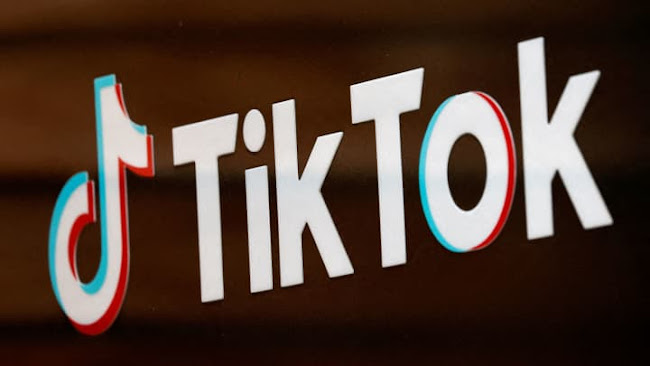Unsupervised Melatonin Ingestion: A Growing Concern for Thousands of Children
Thousands of children are landing in the ER after ingesting melatonin without supervision
David McCue/iStockphoto/Getty Images
A new report suggests many young children who ingest melatonin while unsupervised are able to open the bottle or access it because bottles are left open.
Rising Popularity of Melatonin Products Among US Adults
Melatonin, a hormone crucial for sleep regulation, has gained popularity, especially in melatonin gummy form, among US adults seeking better sleep amid modern challenges.
Alarming ER Visits: 11,000 Children and Counting
A report from the CDC reveals a concerning trend - approximately 11,000 children ended up in the emergency room between 2019 and 2022 after unsupervised melatonin ingestion, shedding light on the magnitude of this issue.
Age Group Vulnerability and Melatonin Gummies Usage
Children aged 3 to 5 years old are the most vulnerable to accidental melatonin ingestion. Melatonin gummies, often attractive to children due to their appearance and taste, were estimated to be involved in nearly 5,000 cases.
Regulatory Gaps: Melatonin Supplement Concerns
Melatonin, classified as a supplement, lacks FDA regulation. Recent studies also uncovered discrepancies in melatonin gummy products, raising concerns about the accuracy of labeled ingredients.
Packaging Matters: Child-Resistant Solutions
Nearly three-quarters of ER visits involved melatonin bottles, emphasizing the need for child-resistant packaging. Adults in households with young children are urged to prioritize safer packaging options.
Limitations in Surveillance Data: Understanding the Gaps
The report acknowledges limitations in surveillance data, including a lack of detailed narrative information during ER visits. This raises questions about the full scope of the issue and the potential involvement of specific product types.
Melatonin's Soaring Use: Trends and Emergency Visits
The CDC notes a significant surge in melatonin use by US adults since the early 2000s, aligning with a 420% increase in emergency department visits for unsupervised melatonin ingestion by young children between 2009 and 2020.
Short-Term Safety vs. Long-Term Concerns
While short-term melatonin use is generally considered safe for children, the report emphasizes the lack of clarity on suitable doses and potential long-term effects. More research is needed to determine the safety and necessity of supervised melatonin use in children.
Consultation Urged: Pediatrician's Advice
Pediatricians stress the importance of consulting them before administering melatonin to children. Dr. Cora Collette Breuner highlights the uncertainty surrounding the long-term impact on a child's growth and development.
Alternative Sleep Strategies: A Holistic Approach
Experts recommend alternative sleep strategies, such as minimizing screen time before bed and engaging in calming activities, as potential substitutes for melatonin supplements in children. Balancing the benefits and risks remains a priority.
In conclusion, the surge in melatonin use among adults coincides with a concerning rise in unsupervised melatonin ingestions by children, highlighting the need for increased awareness, regulatory scrutiny, and research into safer sleep solutions for all age groups.
Disclaimer:
The analysis provided is based on the information presented in the referenced news article. While efforts have been made to accurately summarize key points, readers are encouraged to refer to the original source for full details and context. The opinions expressed in this analysis are those of the author and do not necessarily reflect the views of the original article or its publishers.
Original news article: [CNN - Thousands of children are landing in the ER after ingesting melatonin without supervision]




Comments
Post a Comment